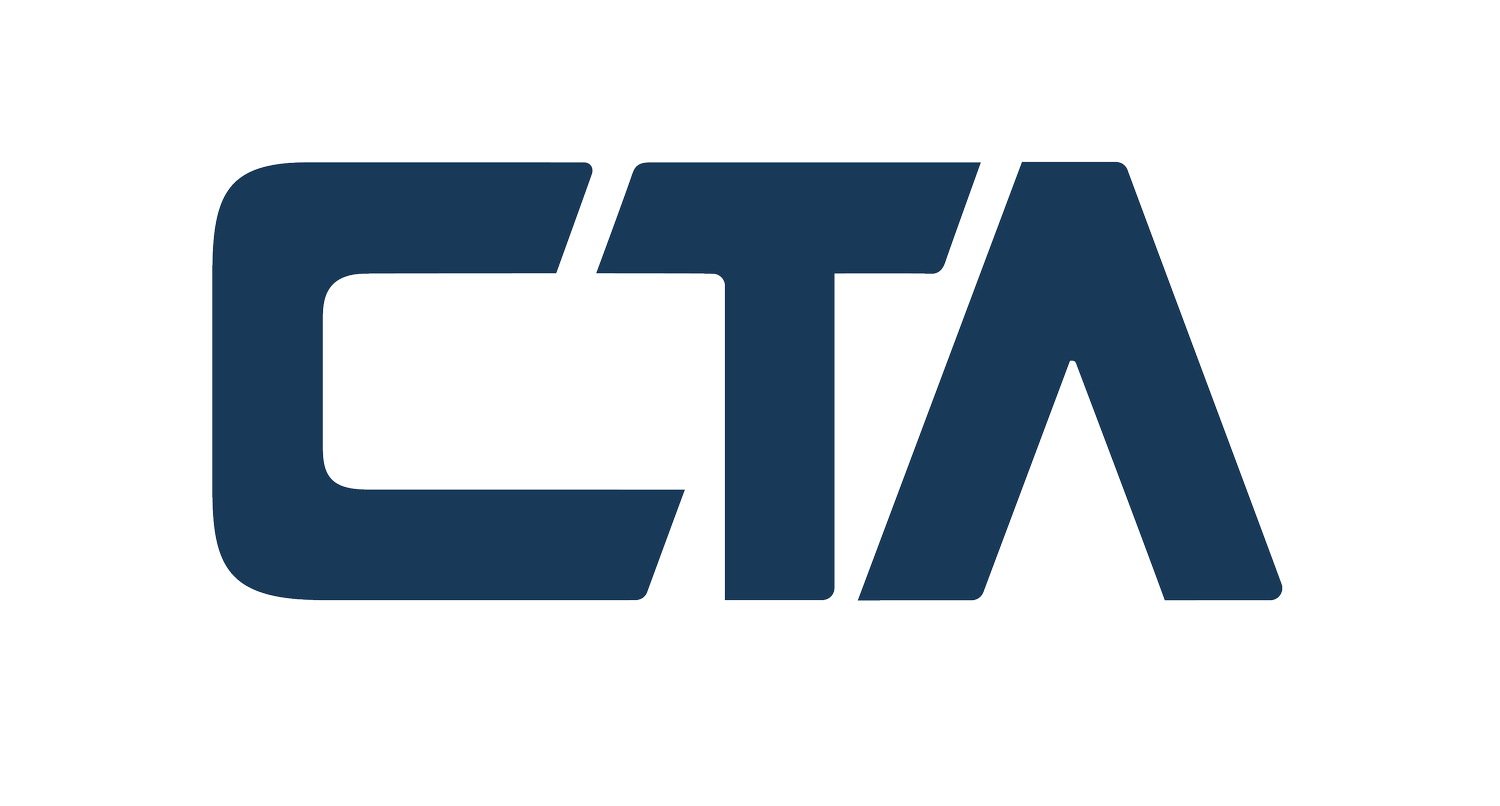Tax incentives are more than just financial perks; they are strategic tools that can drive growth, innovation, and competitive advantage. Yet, many businesses overlook these opportunities, either due to a lack of awareness or misconceptions about eligibility. Ignoring tax incentives can lead to substantial hidden costs that go beyond the immediate financial impact.
Here’s why recognizing and utilizing tax incentives should be a priority for every business.
1. Missed Opportunities for Cost Savings
At its core, the most immediate cost of ignoring tax incentives is lost money. Tax credits, deductions, and exemptions are designed to reduce your tax liability. By failing to claim these benefits, businesses essentially leave money on the table—money that could have been reinvested into operations, workforce development, or innovation.
For example, R&D tax credits can offset the cost of developing new products or services. Energy-efficient property deductions can reduce expenses for businesses making environmentally conscious upgrades. Missing out on these benefits directly affects your bottom line.
2. Competitive Disadvantage
Businesses that fail to take advantage of tax incentives often find themselves at a disadvantage compared to competitors who do. Tax savings can free up resources for strategic initiatives like marketing, product development, or scaling operations.
Competitors leveraging these incentives may gain a market edge by offering better pricing, enhancing customer experiences, or investing in cutting-edge technologies—leaving less proactive businesses struggling to keep up.
3. Reduced Cash Flow for Growth
Healthy cash flow is essential for business growth. Tax incentives often provide immediate or near-term cash benefits, which can be critical for businesses operating in capital-intensive industries or those experiencing rapid expansion.
Without these incentives, companies may face tighter budgets, reduced flexibility, and missed opportunities to capitalize on emerging trends or market demands.
4. Increased Tax Liability Over Time
Failing to identify and claim available incentives can lead to higher tax liabilities in the long term. This increased burden not only impacts profitability but also reduces the funds available for reinvestment in the business.
Moreover, tax laws evolve, and incentives often come with deadlines or phased-out benefits. Ignoring these opportunities now could mean losing access to them altogether in the future.
5. Lost Talent and Innovation Opportunities
Certain tax incentives are designed to support workforce development and innovation. For example, hiring incentives can offset the costs of onboarding and training new employees, while R&D tax credits can make large-scale innovation projects more feasible.
By ignoring these incentives, businesses may struggle to attract top talent or fund groundbreaking projects, stalling growth and innovation.
6. Reputational Risks
As public awareness of corporate tax strategies grows, businesses that fail to use available incentives effectively may face scrutiny from stakeholders who view tax strategy as a reflection of overall financial acumen.
On the other hand, companies that transparently and ethically leverage incentives often improve their reputation, showcasing themselves as proactive and financially savvy.
7. Failure to Align with Sustainability Goals
Governments worldwide are offering incentives to encourage environmentally sustainable practices, such as adopting renewable energy or reducing carbon footprints. Ignoring these opportunities not only increases costs but also hampers a company’s ability to align with ESG (Environmental, Social, and Governance) goals.
Falling behind in sustainability efforts can alienate eco-conscious customers and investors, further impacting profitability and growth.
How to Avoid These Hidden Costs
To avoid the pitfalls of ignoring tax incentives, businesses need a proactive approach:
- Educate Yourself: Stay informed about the incentives available to your industry and region.
- Partner with Tax Experts: Collaborate with corporate tax advisors who specialize in uncovering and maximizing these opportunities.
- Integrate Tax Planning: Make tax incentives a central part of your business strategy rather than an afterthought.
- Act Early: Many incentives come with deadlines or require upfront planning. Don’t wait until tax season to start exploring options.
Conclusion
The hidden costs of ignoring tax incentives can be far-reaching, impacting cash flow, competitiveness, and long-term growth potential. By proactively identifying and leveraging these opportunities, your business can unlock significant financial and strategic benefits.
Don’t let inaction cost your business. Partner with experienced corporate tax advisors to ensure you’re taking full advantage of the incentives available to you—and turning them into a competitive advantage.









